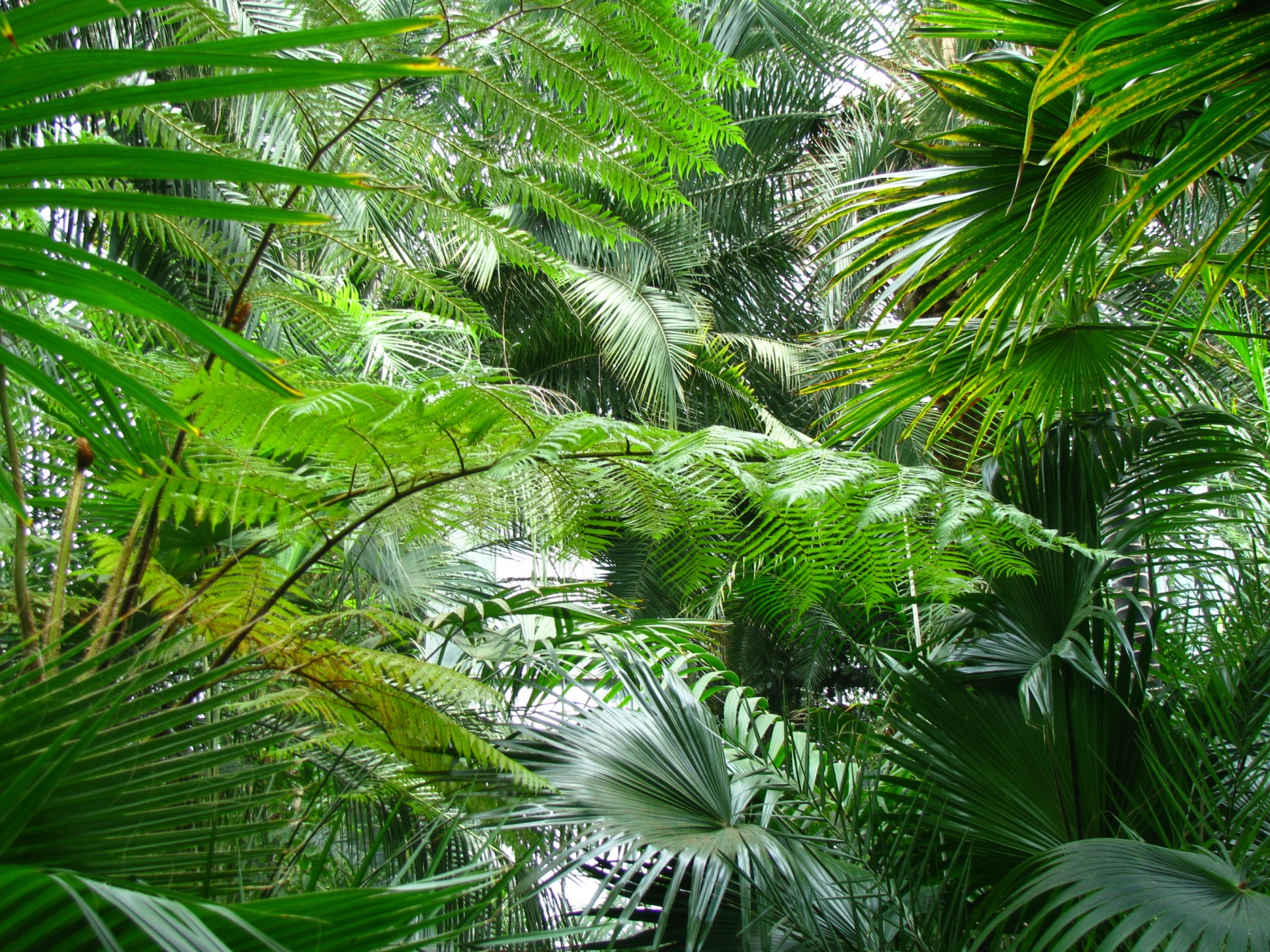They are autotrophic and store their excess food as starch. Plants (kingdom plantae) are all multicellular and eukaryotic, and most can convert the energy of sunlight into chemical energy by means of photosynthesis; Ai-generated content may sometimes contain inaccurate, incomplete, or biased information, so make sure you do additional research. About plants aims. There are over 300,000 species of plants; · plants rank in q1 (45 among 273 titles) in the “plant sciences” category. From aloe to zebra grass—and with over 1,000 plants to explore—find every plant in the alphabet within our comprehensive a to z index. People use plants for many purposes, such as building materials, ornaments, writing materials, and, in great variety, for medicines. Creating an answer for you using ai. Gardening plants & flowers get planting and care tips from master gardeners on every plant in your garden, from annual and perennial flowers to trees and shrubs. · plant - photosynthesis, reproduction, evolution: You’ll discover what makes a plant a plant , why plants are important, the different types of plant and how plants reproduce. · there are an estimated 390,900 different species of plants known to science. Common examples of plants include grasses, trees, and shrubs. Life on earth owes much to plants. Plants publishes special issues to create collections of papers on specific topics, with the aim of building … · on this page you’ll find a complete guide to plants and the plant kingdom. This ai-generated answer is powered by openai. Plants, an international, peer-reviewed open access journal. Gymnosperms, as an ancient group of plants, offer valuable insights into the morphological, physiological, and … · plants are multicellular organisms in the kingdom plantae that use photosynthesis to make their own food. The 2024 journal impact … The scientific study of plants is known as botany, a branch of biology. Plants (issn 2223-7747) is an international and multidisciplinary scientific open access … The vast majority of plants carry out photosynthesis to transform light energy into chemical energy, which is the way that virtually all energy in the biosphere becomes available to living things (including us humans). Learn more about the plant kingdom, including the life and evolutionary histories and physical characteristics of the major plant groups. Grain, fruit, and vegetables are basic human foods and have been domesticated for millennia. · discover different types of plants and plant groups, such as flowering plants , ornamental grasses, ferns and more. This is the first in a series of articles on the plant kingdom. Editor’s choice articles are based on … You should not rely on this feature for medical, financial, or legal advice.
Plants Vs. Global Warming: Kew Gardens Shows Us The Winner
They are autotrophic and store their excess food as starch. Plants (kingdom plantae) are all multicellular and eukaryotic, and most can convert the energy of...




